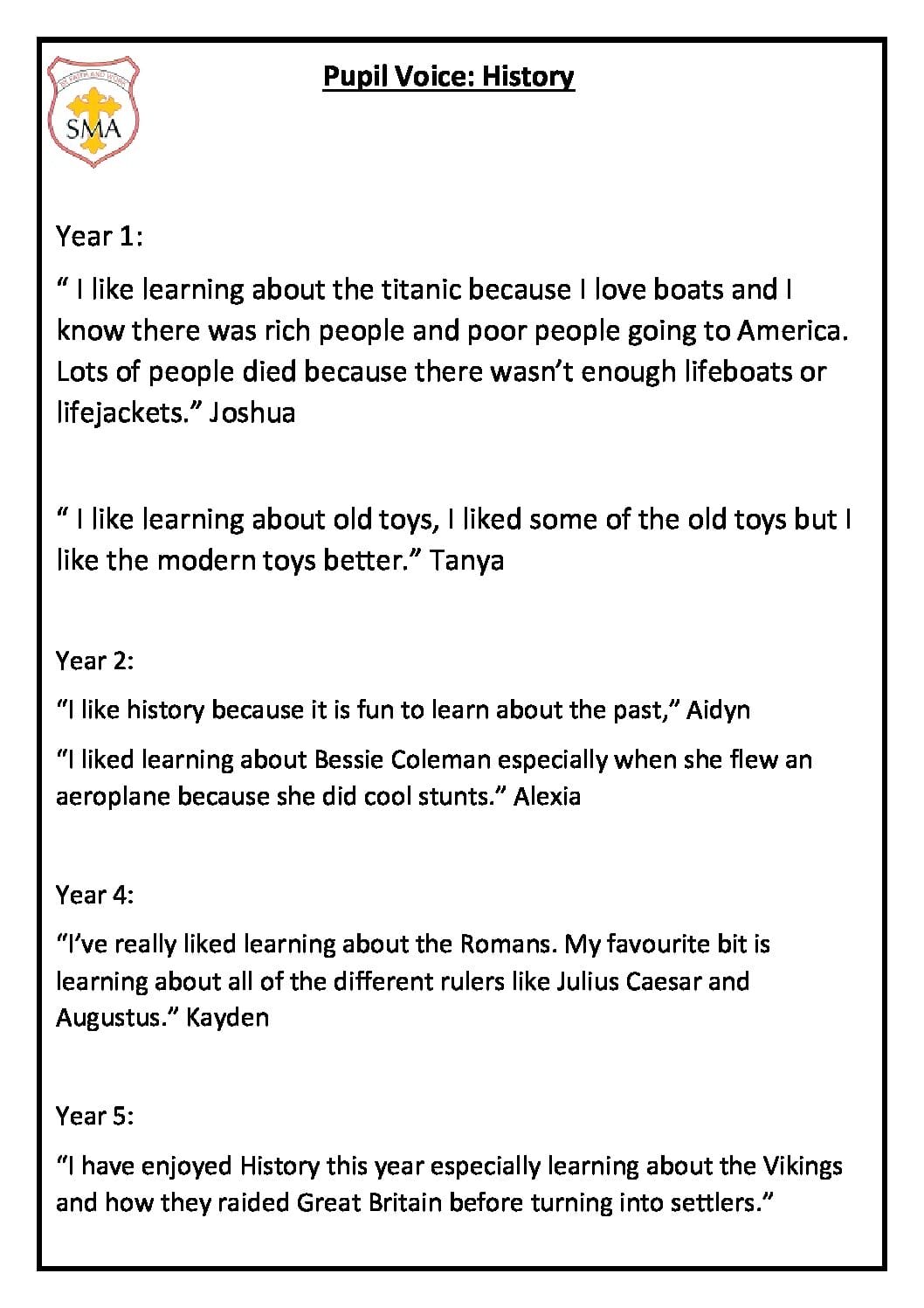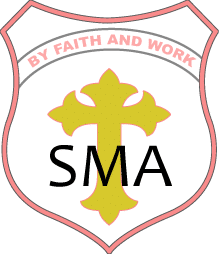History
Intent
At St. Margaret’s Anfield Primary School, we aim to give all students a broad and balanced view of the History of Britain and other societies. This knowledge gives them a secure foundation for future historical learning. We are committed to developing our children’s cultural capital through providing enriched learning opportunities including educational visits and visitors to the school. Our history curriculum makes links to our local history, making use of resources within the immediate and wider local area enabling children to develop a deep understanding of the rich history of their locality. Our curriculum is ambitiously broad in scope both meeting and exceeding the demands of the National Curriculum. Topics are carefully planned and structured to ensure that the content is highly coherent and carefully sequenced to ensure future and current learning is linked to previous learning and clearly defined end points are identified. The curriculum has been adapted to highlight key vocabulary in order to meet the needs of our children. In line with the NC 2014, the curriculum at St. Margaret’s Anfield aims to ensure that all pupils:
- possess a secure chronological understanding of the British Isles that of the wider world which helps to stimulate pupils’ curiosity to know more about the past
- are encouraged to ask perceptive questions, think critically, weigh evidence, sift arguments, and develop perspective and judgement
- to create links and connections to the history they learn and the wider community and locality
- draw on similarities and differences within given periods of time and across previously taught history
- investigate in to historically themed enquiries and form their own opinions and interpretations of the past
- begin to understand the complexity of people’s lives, the process of change, the diversity of societies and relationships between different groups, as well as their own identity and the challenges of their time.


Implementation
History is taught regularly throughout the year, so that children achieve depth in their learning and ensure coverage and progression of skills. Teachers have identified the key knowledge of each topic and produced knowledge organisers which are shared with the children.
Planning is informed by and aligned with the National Curriculum and are sensitive to the context of the locality. Historical skills such as chronology, interpretation and enquiry are built into lessons to ensure progression throughout the school. In Key Stage 1, we teach the National Curriculum objectives trought he topics we teach and we are rolling out a 4-year Humanities programme called ‘Opening Worlds’ in Key Stage 2.
Our curriculum is enhanced through studying historical artefacts. Visits and visitors are planned to enhance children’s understanding and knowledge of the topic.
Outcomes of work are regularly monitored to ensure that they reflect a sound understanding of the key identified knowledge. There is a strong emphasis on people and the community of our local area in the curriculum.
The Early Years Foundation Stage (EYFS) follows statutory framework guidance and children at the expected level of development will have an understanding of past and present. KS1 build on the learning opportunities provided in EYFS.
Impact
We have displayed a timeline spanning the whole of the Key Stage 2 history curriculum as well as key elements of Key Stage 1. Children visit it during each history topic to develop an understanding of chronology and duration. Emphasis is placed on analytical thinking and questioning which helps pupils gain a coherent knowledge and understanding of Britain’s past and that of the wider world and are curious to know more about the past. Through this study, children learn to ask perceptive questions, think critically, weight evidence and develop perspective and judgement. Regular school trips provide further relevant and contextual learning.
Outcomes in history books will show evidence of a broad and balanced history curriculum and demonstrate the children’s acquisition of identified key knowledge. A clear progression of skills in line with expectations set out in the progression document and, over time, children develop a range of techniques across all the areas of the historical curriculum. They will develop an understanding of the methods and skills of historians at an age-appropriate level. Subject leader will collate appropriate evidence over time which evidence that children are developing their skills and knowledge. Standards in the subject are monitored to ensure the outcomes are at expected levels and that the impact of the curriculum is wide reaching and positivk Heree.
Through our curriculum, the children will know more, remember more and understand more about History. Children will understand and use the key skills of chronology, develop their awareness of the past, learn about historical interpretation and develop enquiry, organisation and communication skills. The skills that the children learn through their History lessons are transferrable to other areas of the curriculum and will equip them for later life as an adult in the wider world.



